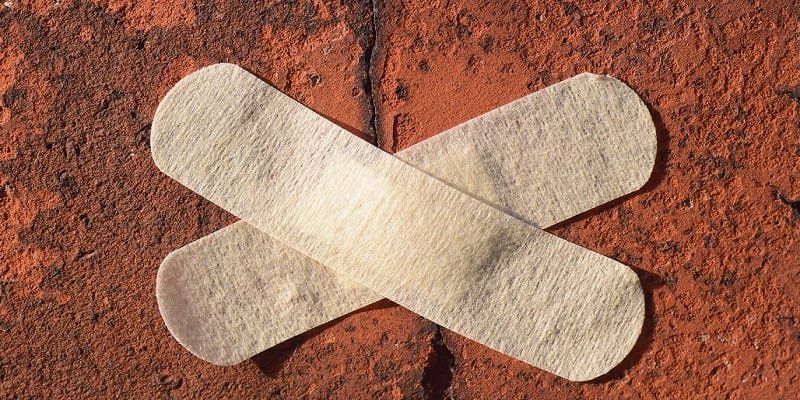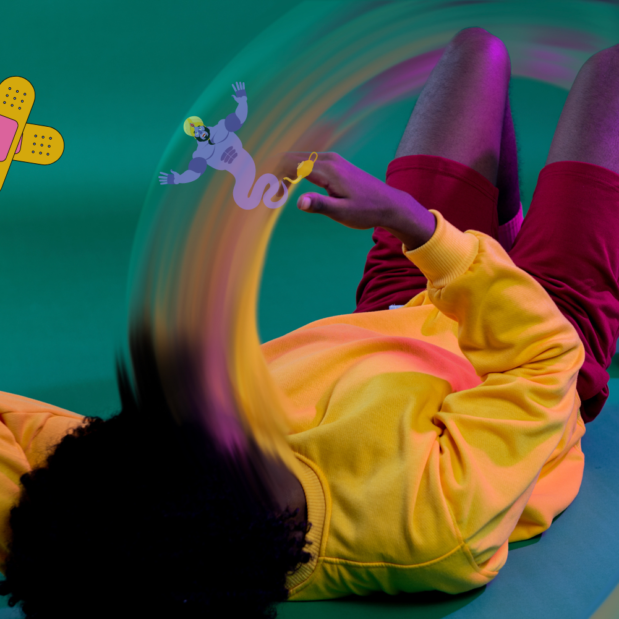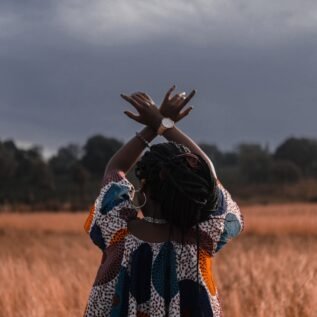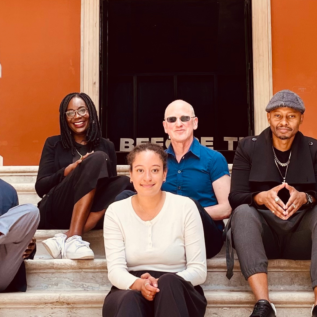Being black in an ever changing and polarized world, one quickly learns that life’s complexities cannot be reduced to simple answers. African ancestors understood this deeply, valuing patient problem-solving and communal wisdom over quick fixes.

/
JULY 2024
★AFROSPECTIVES

Today, as the world races towards instant gratification, we must revisit these time-honored African approaches to finding true solutions.
The Illusion of Quick Answers in a Complex World
While the global North often prides itself on technological solutions, we in Africa know that true progress requires more than a Google search or a voice command to Alexa. Take the issue of food security, for instance. The answer might seem simple: increase crop yields. Yet, as any smallholder farmer in Ghana or Kenya will tell you, the solution involves a complex web of factors including climate change, land rights, market access, and cultural practices.
Dr. Akinwumi Adesina, President of the African Development Bank and World Food Prize Laureate, emphasizes this complexity: “Agriculture in Africa is not just about food production. It’s about transforming rural economies, empowering women, and creating opportunities for youth.” This holistic view exemplifies the African approach to solutions – comprehensive, patient, and deeply rooted in community.
The Depth of African Solutions – A Journey Through Wisdom
In many African cultures, solutions are not seen as endpoints but as ongoing processes. The Ubuntu philosophy, which roughly translates to “I am because we are,” encapsulates this approach. It suggests that our challenges and their solutions are interconnected, requiring collective effort and wisdom.

Consider the issue of conflict resolution. While Western models often focus on punitive justice, many African societies practice restorative justice. The Truth and Reconciliation Commission in post-apartheid South Africa, inspired by traditional African conflict resolution methods, demonstrates how complex historical injustices can be addressed through community-based solutions that go beyond simple answers of guilt and punishment.
As Nobel laureate Wangari Maathai once said, “In the course of history, there comes a time when humanity is called to shift to a new level of consciousness, to reach a higher moral ground. A time when we have to shed our fear and give hope to each other.” This shift in consciousness is at the heart of African problem-solving – it’s not about finding quick answers, but about evolving together towards sustainable solutions.
The Symbiosis of Indigenous Knowledge and Modern Innovations
In Africa, we understand that answers and solutions are not mutually exclusive but complementary. Our challenge is to bridge indigenous wisdom with contemporary innovations.
For example, in combating desertification in the Sahel, the answer might be to plant more trees. But the solution, as demonstrated by the Great Green Wall initiative, involves combining traditional land management techniques with modern agricultural science, community engagement, and policy changes. This massive pan-African project showcases how comprehensive, patient approaches can tackle seemingly insurmountable challenges.
Similarly, in healthcare, while modern medicine provides answers to many ailments, African solutions often integrate traditional healing practices with Western medicine. Dr. Credo Mutwa, a renowned South African traditional healer, advocated for this integrated approach, emphasizing the importance of treating not just the body, but the spirit and the community as well.

As we navigate the complexities of the 21st century, let us remember the words of Kenyan philosopher and environmentalist Ngugi wa Thiong’o: “Africa’s redemption lies in the recognition and assertion of the personality of Africa.” Our solutions must be rooted in our own experiences, values, and wisdom, while remaining open to global knowledge and innovations.
The next time you encounter a challenge, resist the urge for a quick fix. Instead, channel the patience and wisdom of our ancestors. Engage with your community, consider the broader implications, and be prepared for a journey of true understanding and lasting change. In the African way of problem-solving, answers may guide us, but it is our collective wisdom and perseverance that lead us to real solutions.










